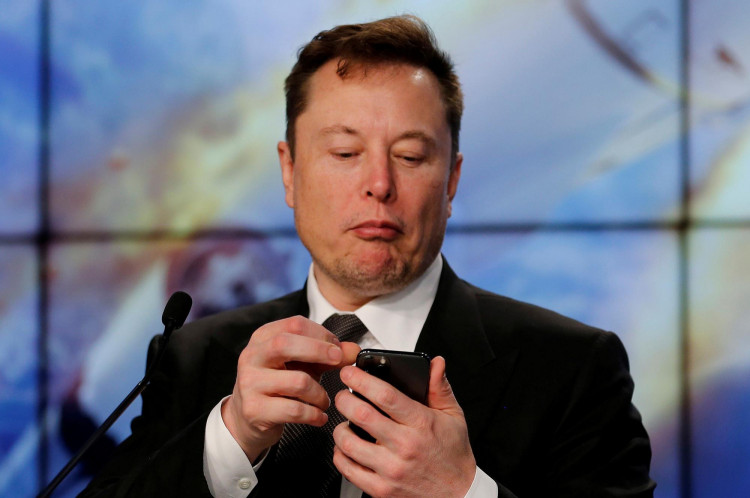The Supreme Court on Monday upheld a ruling that requires tech billionaire Elon Musk to have his tweets about Tesla pre-approved by a lawyer, stemming from a previous agreement with the Securities and Exchange Commission (SEC). This decision leaves in place lower court rulings and reinforces the regulatory oversight of Musk's communications related to the electric car company he leads.
This legal scrutiny dates back to 2018 when Musk tweeted that he had secured funding to take Tesla private at $420 per share, a claim that significantly influenced Tesla's stock price and resulted in a temporary trading halt. The SEC charged that these statements were materially false and misleading, violating securities laws. Consequently, Musk and Tesla were required to settle with the SEC, which included civil fines and the stipulation that Musk's relevant communications receive legal review beforehand.
Musk's challenge to this arrangement was rooted in his claim that it constituted an unlawful "prior restraint" on his speech, violating First Amendment rights. He argued that the settlement, specifically what he referred to as the "Twitter sitter" provision, was coercively imposed on him. Musk's legal team contended that the SEC has continued an "ongoing campaign" against him, extending the restriction to speech that is truthful, accurate, and not covered by the securities laws.
However, the Supreme Court, without comment, rejected Musk's appeal, which had previously been upheld by the New York-based 2nd U.S. Circuit Court of Appeals in favor of the SEC. The justices' decision indicates a deference to the settlement's original terms, which Musk had agreed to.
In their defense, the SEC maintained that Musk had effectively waived his rights to challenge these conditions by consenting to the settlement. This agreement was initially designed to prevent misinformation in the financial markets and protect investors from potentially impulsive communications by high-profile business leaders like Musk.
The backdrop to this legal drama included Musk's acquisition of Twitter in 2022, which he later renamed X. This platform has been Musk's preferred medium for making significant announcements, including the controversial 2018 tweets that triggered the SEC's scrutiny.
Moreover, this ruling comes amidst Musk's continued global business expansions and after an unannounced visit to China aimed at promoting Tesla's driver assistance features. The juxtaposition of his international business dealings and ongoing legal constraints at home highlights the complexities of managing communications for one of the world's most visible CEOs.
In addition to the legal battles over his tweets, Musk has faced separate judicial scrutiny; a jury last year found him not liable in a civil case concerning whether he misled investors. This separate legal victory, however, does little to affect the constraints imposed by the SEC settlement.






